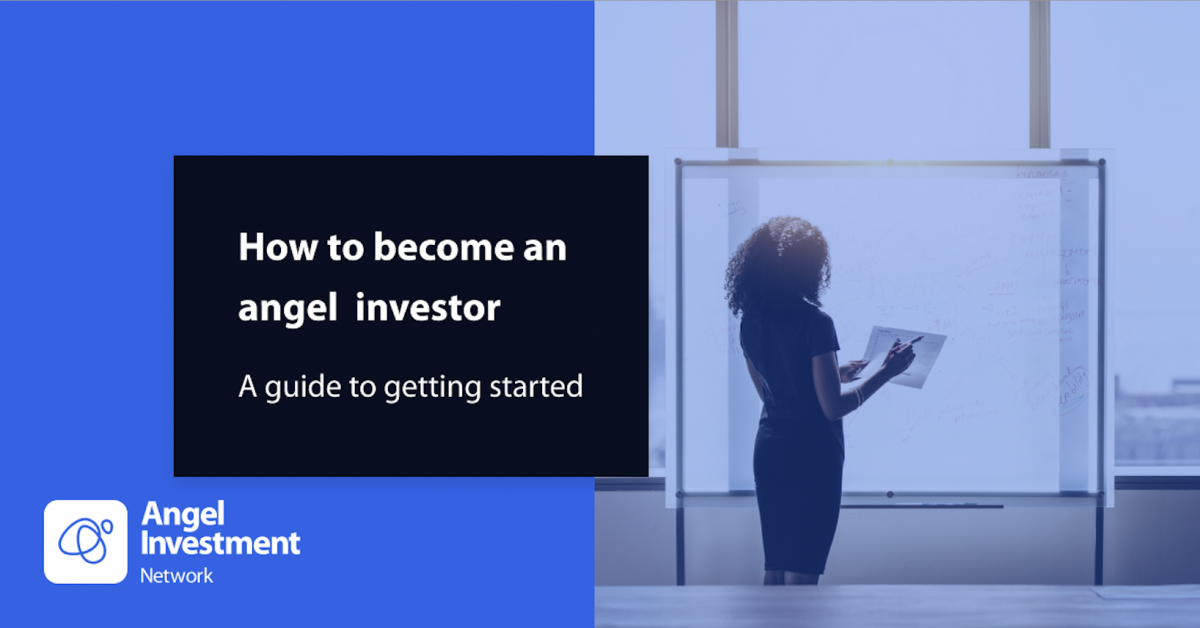Our co-founder, Mike Lebus, was recently featured in an article in EU Startups, a leading publication for the European startup ecosystem. The article considers the significant shift in the angel investor landscape for 2024, offering valuable insights for startups seeking funding. Lebus referenced a recent survey AIN conducted of investors across our network.
Key Takeaways for Founders
- Focus on Fundamentals and Impact: Lebus emphasised the move away from inflated valuations based on potential. Investors now prioritise strong fundamentals and a clear path to profitability. Additionally, he highlighted the growing importance of showcasing your venture’s positive social or environmental impact.
- Craft a Compelling Narrative: As Lebus highlights, simply having a good idea is no longer enough. Craft a compelling narrative that showcases not just your product or service, but also the positive impact it will create.
- Avoid Common Pitfalls: Overvaluation and inadequate market research are major red flags for today’s cautious investors. Be realistic about your valuation and focus on demonstrating your true potential for growth. Conduct thorough market research to showcase a deep understanding of your target market and industry trends.
- Build Strong Relationships: Regular communication with potential investors is key to building trust and fostering a long-term partnership.
The full article on EU Startups provides a comprehensive analysis of these trends, along with additional insights and investor wishlist traits. We recommend checking it out for a deeper dive into navigating the new landscape of angel investment.

















